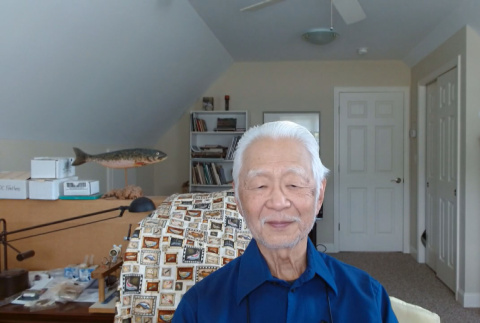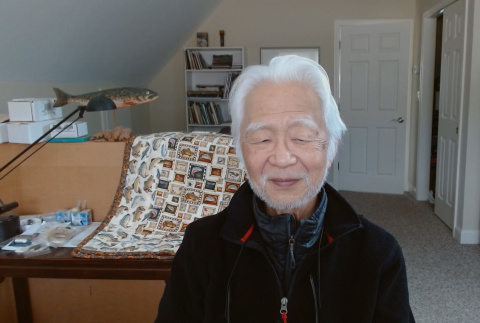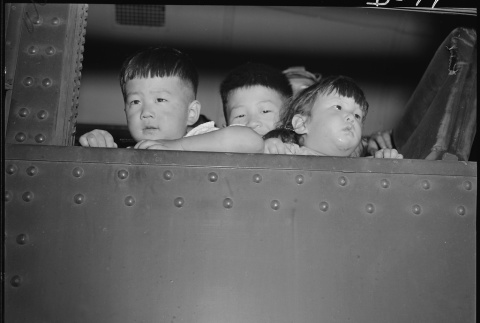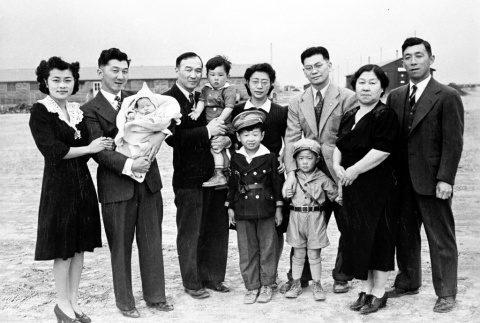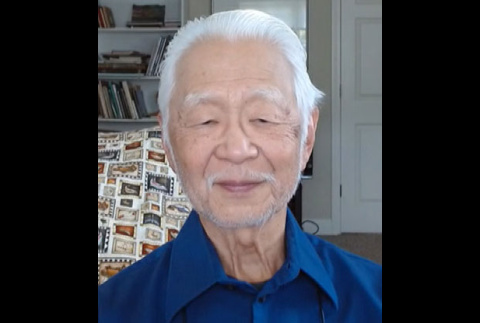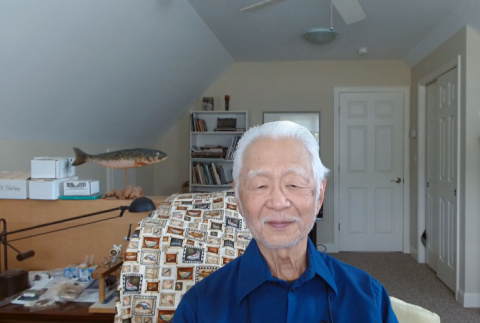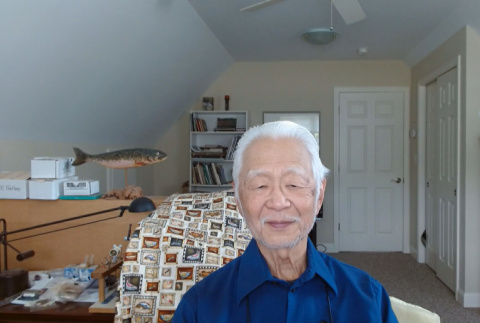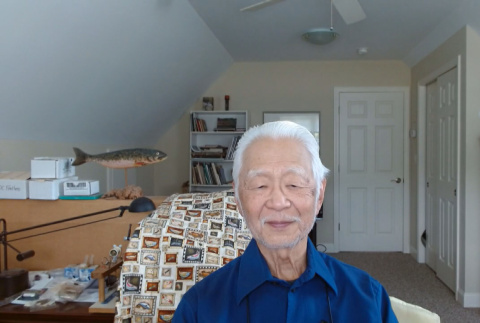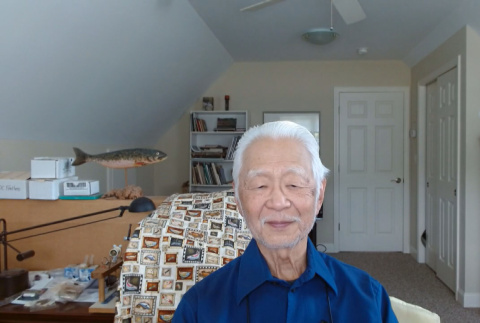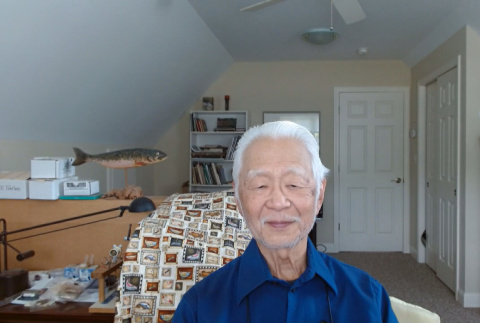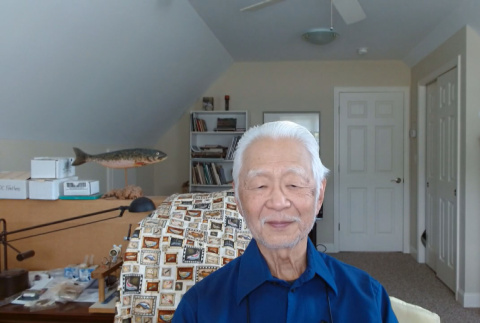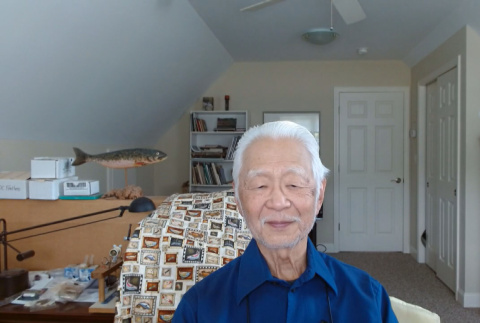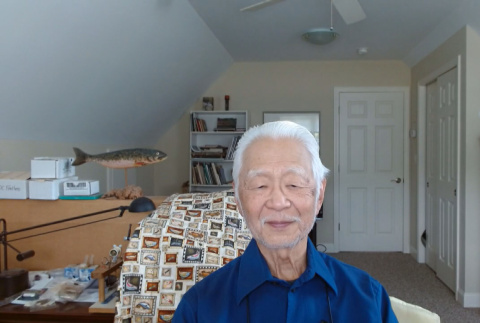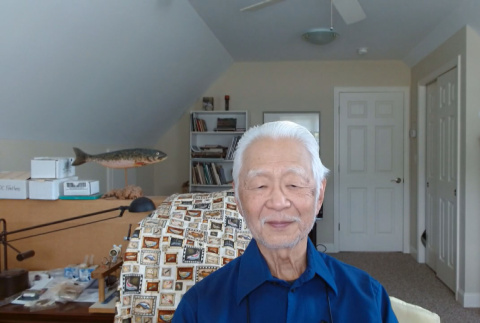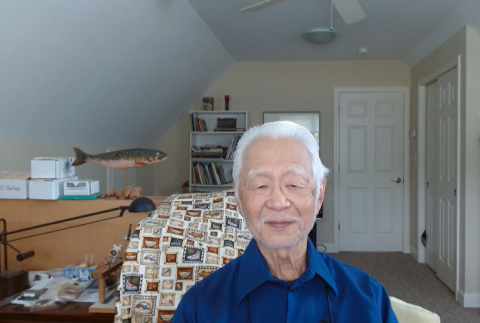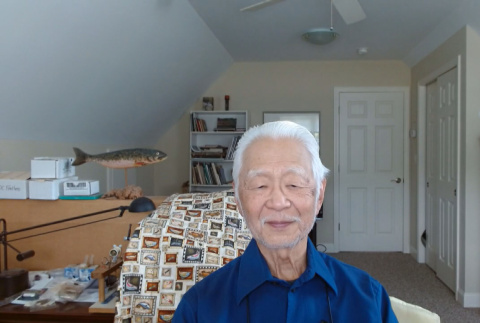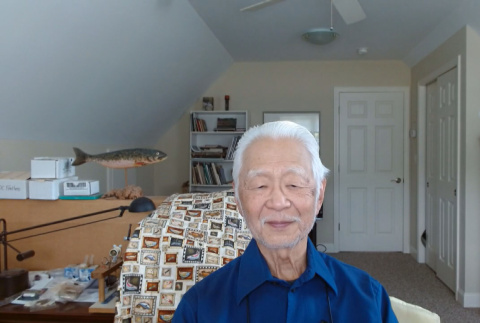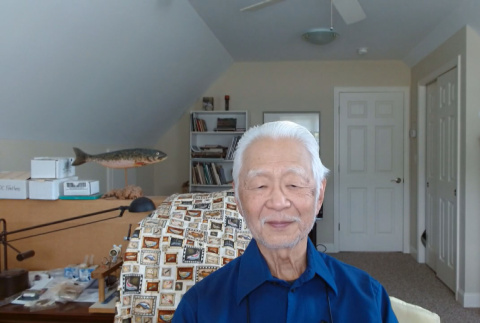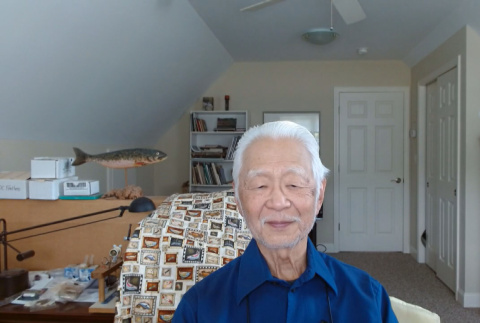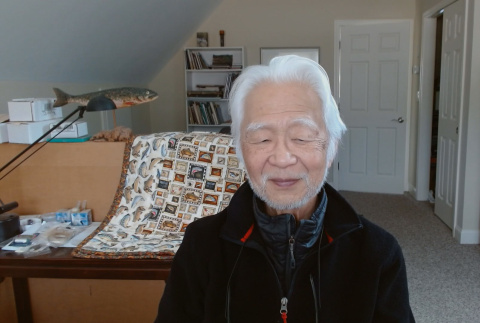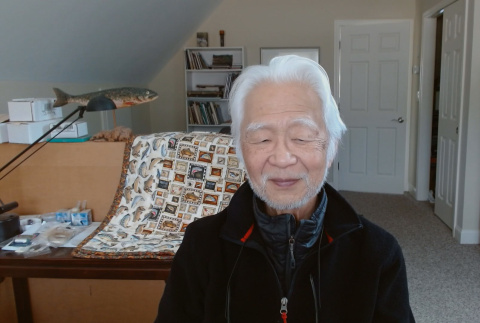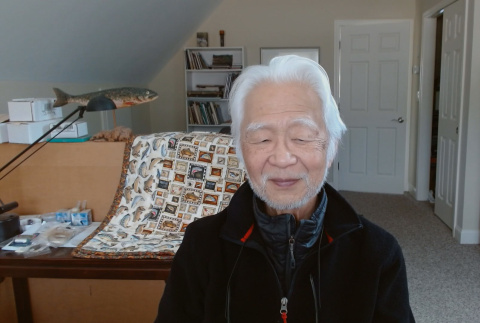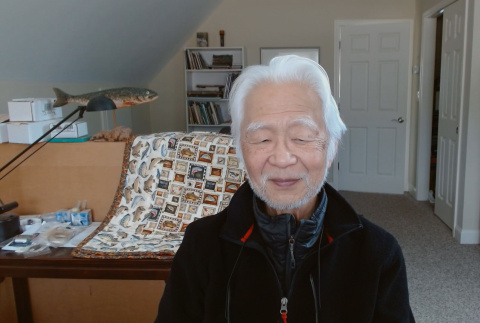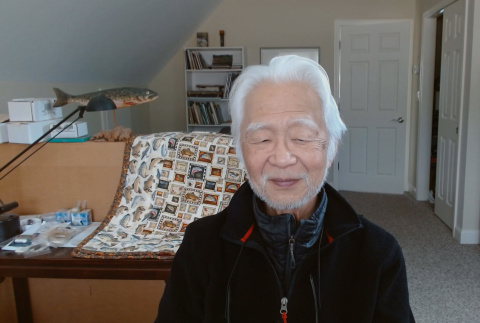41 items
- 1
- 2
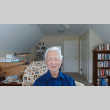
vh
David Sakura Interview II (ddr-densho-1000-513)
Sansei male. Born March 28, 1936, in Seattle, Washington. Grew up in Eatonville, Washington, where father worked for a lumber company. During World War II, removed with family to the Puyallup Assembly Center, Washington, and the Minidoka concentration camp, Idaho. Father served in the U.S. Army during the war. After leaving camp, lived in public housing …
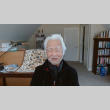
vh
David Sakura Interview I (ddr-densho-1000-498)
Sansei male. Born March 28, 1936, in Seattle, Washington. Grew up in Eatonville, Washington, where father worked for a lumber company. During World War II, removed with family to the Puyallup Assembly Center, Washington, and the Minidoka concentration camp, Idaho. Father served in the U.S. Army during the war. After leaving camp, lived in public housing …
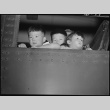
img
Camp new arrivals (ddr-densho-37-425)
Original WRA caption: Eden, Idaho. Gereald, 5, David, 6 and Chester Sakura, Jr., 1 1/2 brothers. These little evacuees, along with 600 others from the Puyallup assembly center, have just arrived here and will spend the duration at the Minidoka War Relocation Authority center.
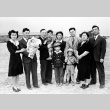
img
Nisei military volunteers (ddr-densho-37-329)
Original WRA caption: A family group picture of the Sakura family. Left to right are, Mr. and Mrs. Howard Sakura and their baby, Frederick Scott Sakura, 10 weeks old; Chester is holding Chester, Jr., age 2; John David, age 7, is standing in [front] of Mrs. Chester Sakura; Gerald 3-1/2 is in front of Kenny; Mrs. …

Narrator David Sakura
Sansei male. Born March 28, 1936, in Seattle, Washington. Grew up in Eatonville, Washington, where father worked for a lumber company. During World War II, removed with family to the Puyallup Assembly Center, Washington, and the Minidoka concentration camp, Idaho. Father served in the U.S. Army during the war. After leaving camp, lived in public housing …
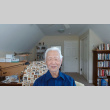
vh
David Sakura Interview II Segment 15 (ddr-densho-1000-513-15)
Reflections, talking to kids about experiences
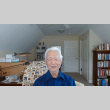
vh
David Sakura Interview II Segment 6 (ddr-densho-1000-513-6)
Being part of an organized Japanese American community group for the first time
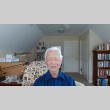
vh
David Sakura Interview II Segment 5 (ddr-densho-1000-513-5)
Helping to start JANE, Japanese Americans of New England
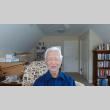
vh
David Sakura Interview II Segment 10 (ddr-densho-1000-513-10)
Memories of hearing about the Commission hearings
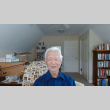
vh
David Sakura Interview II Segment 11 (ddr-densho-1000-513-11)
Beginning to speak about the Japanese American experience to various groups
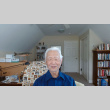
vh
David Sakura Interview II Segment 12 (ddr-densho-1000-513-12)
Thoughts on the reparations payments during the redress movement
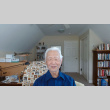
vh
David Sakura Interview II Segment 2 (ddr-densho-1000-513-2)
Graduating high school and applying for college
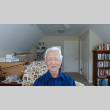
vh
David Sakura Interview II Segment 4 (ddr-densho-1000-513-4)
Starting a family and moving to Boston

vh
David Sakura Interview II Segment 1 (ddr-densho-1000-513-1)
Memories of growing up in a Japanese village, a town sponsored by a lumber mill
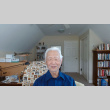
vh
David Sakura Interview II Segment 7 (ddr-densho-1000-513-7)
Involvement with the reestablishment of the New England JACL chapter
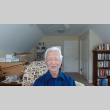
vh
David Sakura Interview II Segment 3 (ddr-densho-1000-513-3)
Attending an all-white, evangelical Christian school
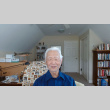
vh
David Sakura Interview II Segment 9 (ddr-densho-1000-513-9)
JACL's involvement with the redress movement's Commission on Wartime Relocation and Internment of Civilians hearings
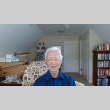
vh
David Sakura Interview II Segment 8 (ddr-densho-1000-513-8)
Growing the New England chapter of the JACL, becoming their spokesperson
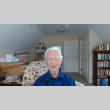
vh
David Sakura Interview II Segment 14 (ddr-densho-1000-513-14)
Attending the Minidoka pilgrimage: "it was really an act of healing"
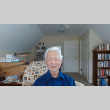
vh
David Sakura Interview II Segment 13 (ddr-densho-1000-513-13)
The establishment of Minidoka as a National Historic Site
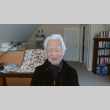
vh
David Sakura Interview I Segment 10 (ddr-densho-1000-498-10)
Remembering the train ride and arrival at Minidoka
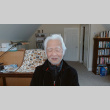
vh
David Sakura Interview I Segment 3 (ddr-densho-1000-498-3)
Father's growing up in the South Park neighborhood of Seattle, Washington
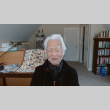
vh
David Sakura Interview I Segment 5 (ddr-densho-1000-498-5)
Early memories of growing up in a Japanese American mill town community
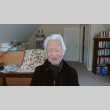
vh
David Sakura Interview I Segment 17 (ddr-densho-1000-498-17)
Moving to public housing in Milwaukee, Wisconsin
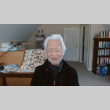
vh
David Sakura Interview I Segment 4 (ddr-densho-1000-498-4)
Huge impact of grandfather's passing on father's family
- 1
- 2
